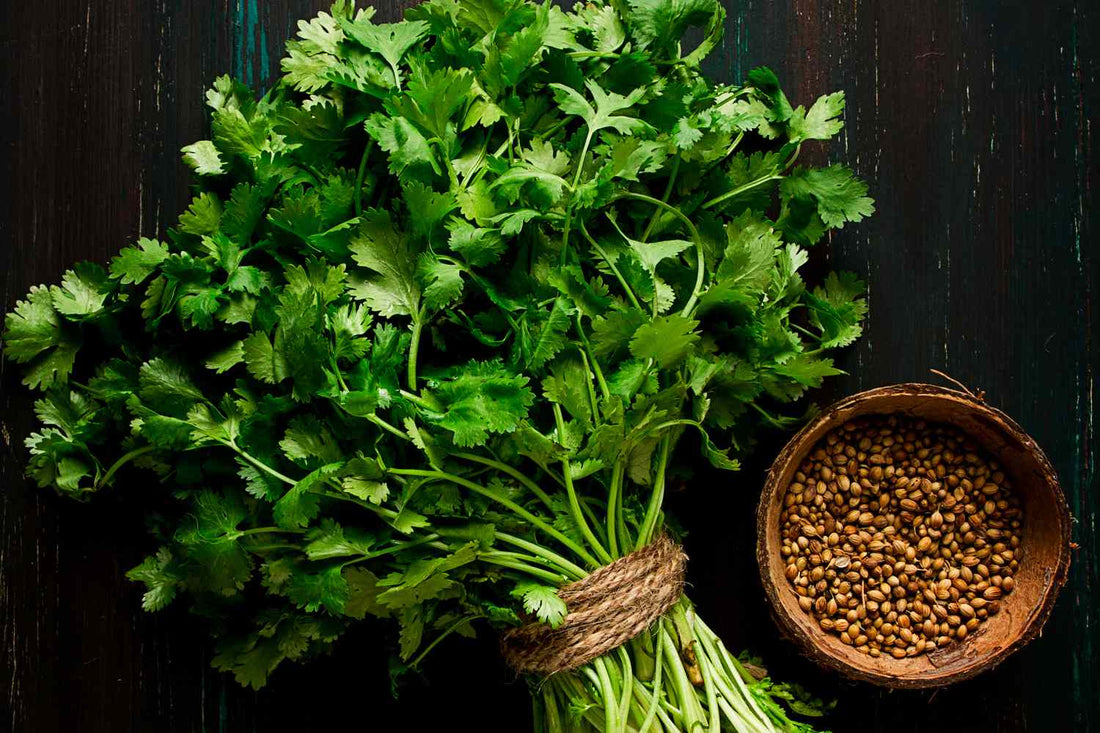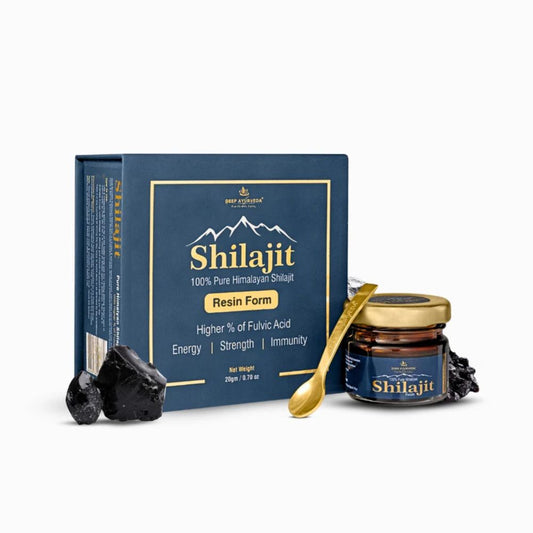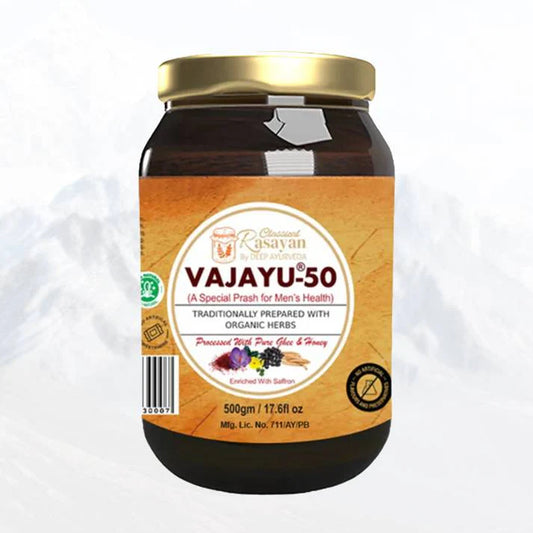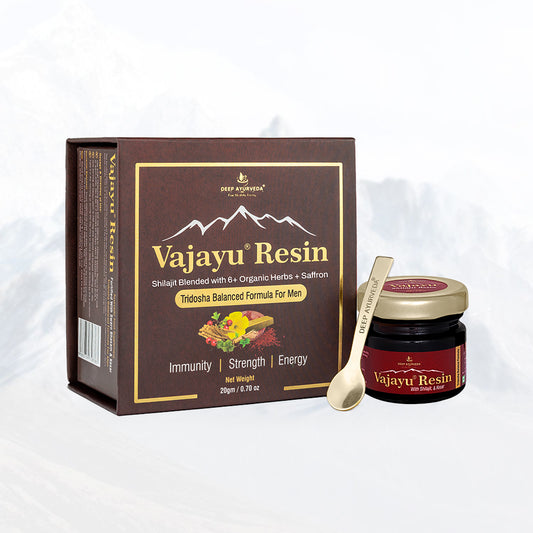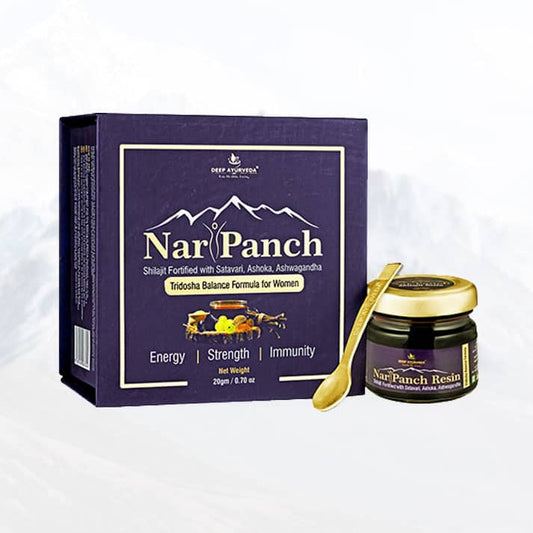Introduction
Coriander is one of the most beloved herbs in the world, treasured not only for its distinctive aroma and taste but also for its immense health benefits. From flavoring curries to enhancing salads, from herbal teas to traditional remedies, coriander has seamlessly woven itself into kitchens and healing systems across cultures. In today’s era of natural living and organic health care, coriander stands out as a powerhouse herb.
But beyond its culinary charm, coriander is deeply significant for digestion, detoxification, skin health, and immunity. At the same time, people are becoming increasingly curious about how to grow coriander at home to enjoy its freshness and purity daily.
In this blog, we will explore coriander in detail—its origin, nutritional value, health benefits, uses in cooking, skincare remedies, and simple tips on how to grow coriander at home.
Coriander What Is it?
Let us start from the basics—what is coriander?

Coriander (Coriandrum sativum) is a versatile annual herb from the Apiaceae family. Interestingly, both its leaves and seeds are used in different ways. The fresh green leaves are commonly called coriander leaves or cilantro in some countries, while the dried seeds are known as coriander seeds. The plant carries a refreshing citrusy flavour in its leaves and a warm, nutty-spicy taste in its seeds.
So when people ask What is coriander, the answer is simple: it is not just an herb but a complete package for cooking, health, and wellness.
Nutritional Profile of Coriander
Coriander is not only aromatic but also nutrient-rich. A handful of fresh coriander leaves contains:
-
Vitamins: A, C, and K along with folate
-
Minerals: Potassium, calcium, magnesium, iron
-
Antioxidants: Quercetin, flavonoids, and phenolic compounds
-
Dietary fiber: Improves digestion and supports gut health
This combination makes coriander an incredible herb for immunity, skin, and metabolic balance.
Health Benefits of Coriander

1. Supports Digestion
Coriander is traditionally known as a natural digestive aid. The seeds and leaves help reduce bloating, acidity, and indigestion. Herbal teas made with coriander seeds are popular remedies for soothing the stomach.
2. Detoxifies the Body
Coriander leaves are excellent for detoxification. They are believed to remove heavy metals from the body and cleanse the liver. Adding coriander juice to your daily routine can purify the blood and enhance skin glow.
3. Balances Blood Sugar
Research suggests coriander seeds may help regulate blood sugar levels, making them beneficial for those with metabolic imbalances.
4. Boosts Immunity
Rich in antioxidants and vitamins, coriander strengthens immunity and protects the body from infections and inflammation.
5. Improves Skin & Hair Health
From reducing acne and pigmentation to controlling dandruff, coriander offers multiple natural remedies for beauty and personal care.
Coriander in Cooking
Coriander is one of the most versatile culinary herbs used worldwide.
-
Coriander Leaves (Cilantro): Added fresh to curries, soups, salads, chutneys, and salsas.
-
Coriander Seeds: Used whole or ground in spice blends like garam masala, curry powders, and pickles.
-
Coriander Powder: A staple in Indian and Middle Eastern cooking for its earthy flavor.
Whether it’s the freshness of coriander chutney or the spice of roasted coriander seeds in curries, this herb is indispensable in kitchens across Asia, the Middle East, and Latin America.
How to Grow Coriander at Home

With the rising interest in organic and home gardening, many people want to know how to grow coriander in their kitchen gardens or even on balconies. Luckily, coriander is one of the easiest herbs to grow at home.
Step 1: Choose the Right Spot
Coriander thrives in well-drained soil with moderate sunlight. Select a pot or garden bed that gets 4–5 hours of sunlight daily.
Step 2: Soil Preparation
The soil should be loose, fertile, and rich in organic matter. Adding compost improves its fertility.
Step 3: Sowing Seeds
-
Crush coriander seeds lightly before sowing for quicker germination.
-
Sow seeds directly into the soil, about 1 cm deep.
Step 4: Watering
Water regularly but avoid overwatering. Keep the soil moist but not soggy.
Step 5: Care & Harvest
-
Germination takes 7–10 days.
-
Start harvesting fresh leaves within 3–4 weeks.
-
For coriander seeds, let the plant flower and dry out before collecting seeds.
By following these steps, you can easily learn how to grow coriander indoors or outdoors and enjoy a constant supply of fresh leaves and seeds.
Coriander in Traditional Medicine
Coriander has been used in Ayurveda, Unani, and Chinese medicine for centuries.
-
In Ayurveda: Coriander is considered Tridosha balancing but especially beneficial for Pitta and Kapha doshas. It improves digestion, reduces excessive thirst, and cools the body.
-
In Traditional Remedies: Coriander seeds are used to prepare herbal decoctions for fever, urinary infections, and acidity.
Its role as a natural medicine highlights its importance beyond just cooking.
Everyday Uses of Coriander for Wellness
-
Coriander Tea: Boil coriander seeds in water, strain, and drink for improved digestion.
-
Coriander Juice: Blend fresh leaves with water, lemon, and honey for detoxification.
-
Skin Mask: Mix coriander juice with turmeric to reduce acne and pigmentation.
-
Hair Rinse: Boil coriander seeds, cool, and use as a rinse to strengthen hair roots.
Sustainability & Coriander Farming
Coriander is an eco-friendly herb to cultivate. Since it grows quickly and requires minimal resources, many households are embracing how to grow coriander organically. Urban gardening and balcony farming have made coriander one of the most commonly grown herbs worldwide.
Coriander Buying & Storage Tips
-
Buying: Choose bright green leaves with no yellowing. Seeds should be dry, aromatic, and free of moisture.
-
Storage: Wrap coriander leaves in a damp cloth and refrigerate to keep them fresh for up to a week. Store seeds in an airtight container.
Conclusion
Coriander is more than just a kitchen herb—it is a complete wellness package. From enhancing flavours in food to detoxifying the body and boosting immunity, coriander plays a vital role in both health and cooking. And the best part? You don’t need to depend on the market when you already know how to grow coriander easily at home.
So next time someone asks coriander what is, you’ll have a holistic answer—it’s an herb, a medicine, a flavour enhancer, and a wellness secret.
By embracing coriander in your diet, beauty routine, and garden, you invite nature’s purest benefits into your everyday life.

